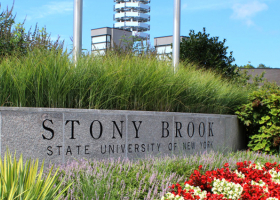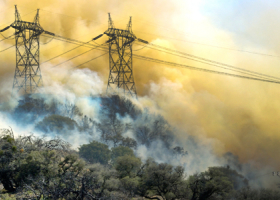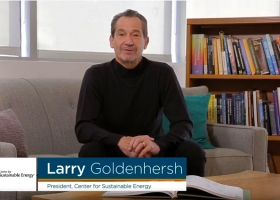
News and blog by Buildings and Energy Efficiency

While California leads the U.S. clean energy transformation toward decarbonization, seven Northeastern states—New York, Massachusetts, Connecticut, New Hampshire, Vermont, Rhode Island and Maine—when combined, rival the Golden State in renewable energy deployment, energy efficiency (EE) and electric vehicle (EV) adoption. In fact, according to the American Council for an Energy Efficient Economy (ACEEE), Massachusetts has been ranked the No. 1 state in energy efficiency nationwide for eight consecutive years, beating California in this category each year. Why?
New efforts to spur low-carbon energy innovation
CSE and State University of New York at Stony Brook have established a collaboration to develop joint research and programs to help transition the nation to low-carbon energy technologies and close gaps that hinder alternative and renewable energy adoption.

While Vermont participates in a cap-and-invest program to reduce carbon dioxide (CO2) emissions from electric power generation, the state failed to meet its legislated goal of a 25 percent reduction below 1990 baseline greenhouse gas (GHG) levels by 2012, and unfortunately, has increased its emissions since 2012 by 16 percent. This has resulted from increased fossil fuel use for transportation and for heating homes and businesses.
By Gene Kogan
With the annual wildfire season now extending nearly year-round in California, local governments, industries and businesses are increasingly seeking ways to keep their electrical power on during emergencies and periods of planned outages when fire hazard is high.
The largest, most destructive and deadliest wildfires in California have all occurred in the past decade with fire threats projected to grow significantly due to increased warming caused by greenhouse gas emissions and more persistent drought conditions.
The Better Business Bureau serving Pacific Southwest has named CSE as the winner of its Environmental Stewardship Program Award in the medium business category. CSE President Larry Goldenhersh accepted the award during a luncheon ceremony held Friday, December 7, at the Hyatt Regency La Jolla.
Residents of Escondido, Calif., in northern San Diego County, will benefit financially and environmentally from a public works project at the city’s wastewater treatment plant that is now turning waste biogas into renewable energy.

Energy efficiency is personal. This is especially true for home improvement projects that require significant investments of time, effort and money, such as adding insulation or replacing an old HVAC system.
Jonathan Hart, a technology integration specialist with CSE’s Distributed Energy Resources team, will be joining some of the nation’s leading experts on advanced energy storage speaking on a panel at the 11th annual Storage Week. The conference focuses on the benefits utility customers and the power grid can derive from behind-the-meter energy storage systems.

California remains the nation’s guiding force with the most progressive greenhouse gas emissions reduction goals and bold environmental justice policies. In an uncertain federal climate, the state remains poised to expand and accelerate its environmental and social stewardship through a diverse array of programs focused on building innovative, future-oriented smart infrastructure and communities – the Transformative Climate Communities (TCC) Program.


CSE and Stony Brook University Announce Collaboration for Clean Energy Development
New efforts to spur low-carbon energy innovation
CSE and State University of New York at Stony Brook have established a collaboration to develop joint research and programs to help transition the nation to low-carbon energy technologies and close gaps that hinder alternative and renewable energy adoption.







